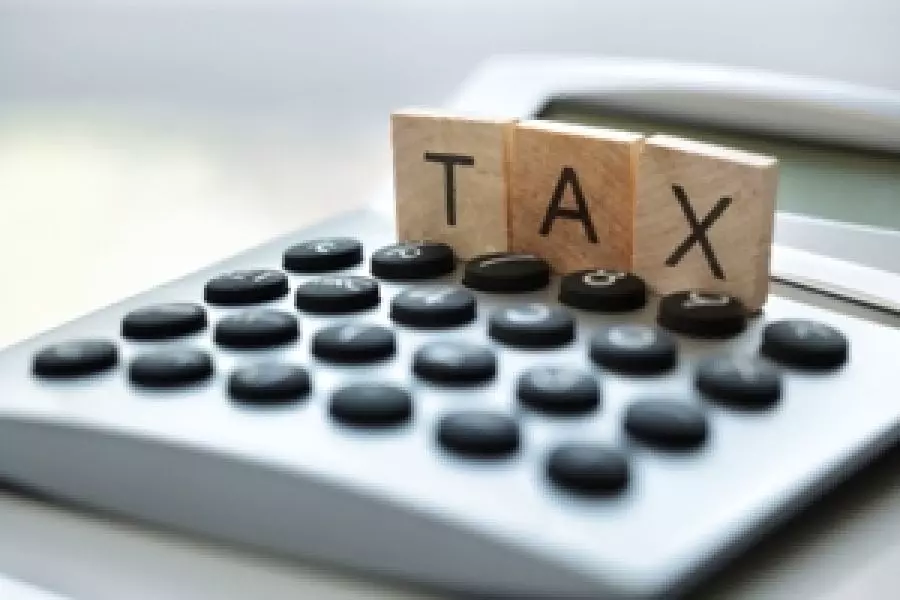News
Housing supply tax fears eased

Thursday 24th of March 2016
The Taxation (Residential Land Withholding Tax, GST on Online Services, and Student Loans) Bill, which is part of the government’s new investment property tax reforms, was introduced into Parliament late last year.
During the submission period, the Auckland District Law Society’...
Want to read the full article?
Click the button below to subscribe and will have unlimited access to full article and all other articles on the site.






![[The Wrap] Bye Bye Bayly](https://goodreturns.publit.io/file/c_fill,w_900,h_600/39f23ac1-f7c7-4854-b700-a150004ebbac.webp)


